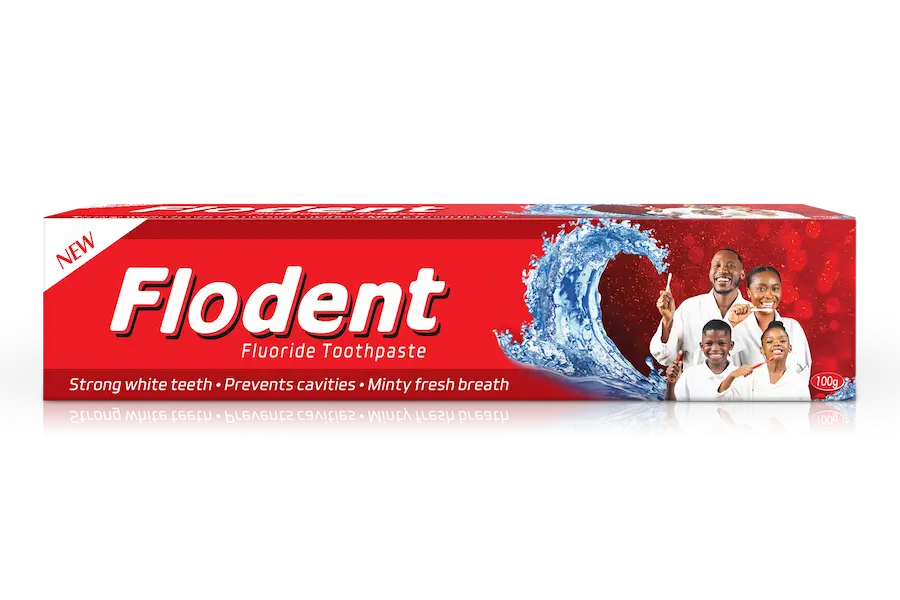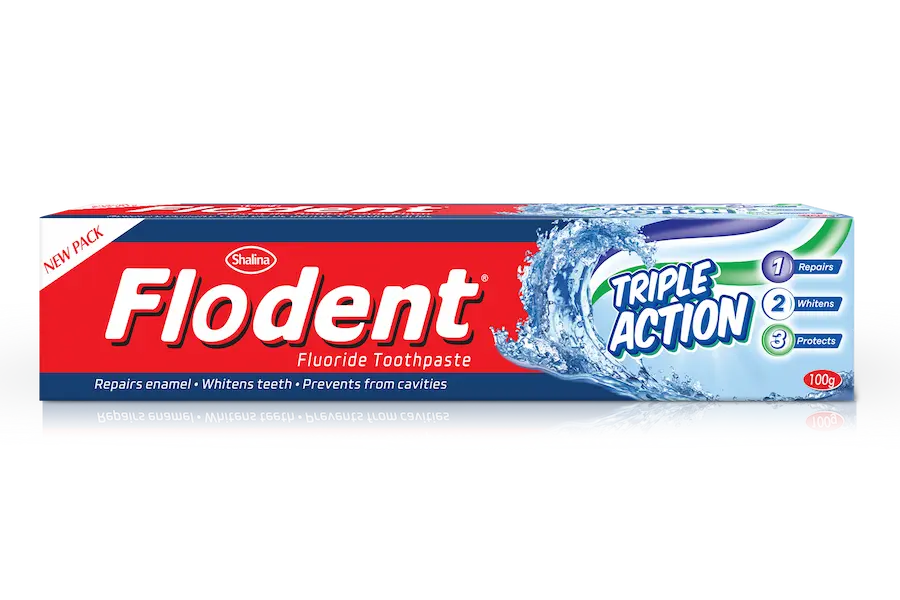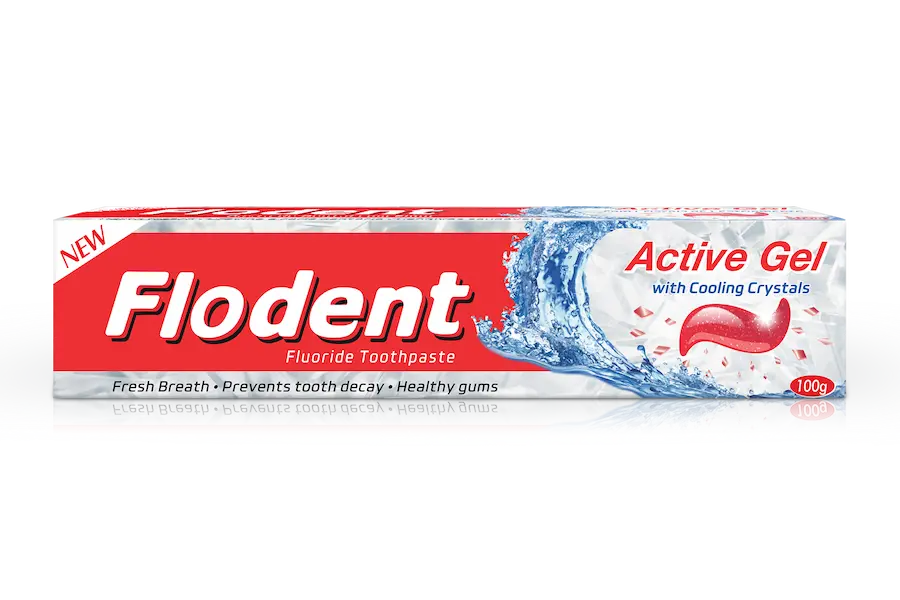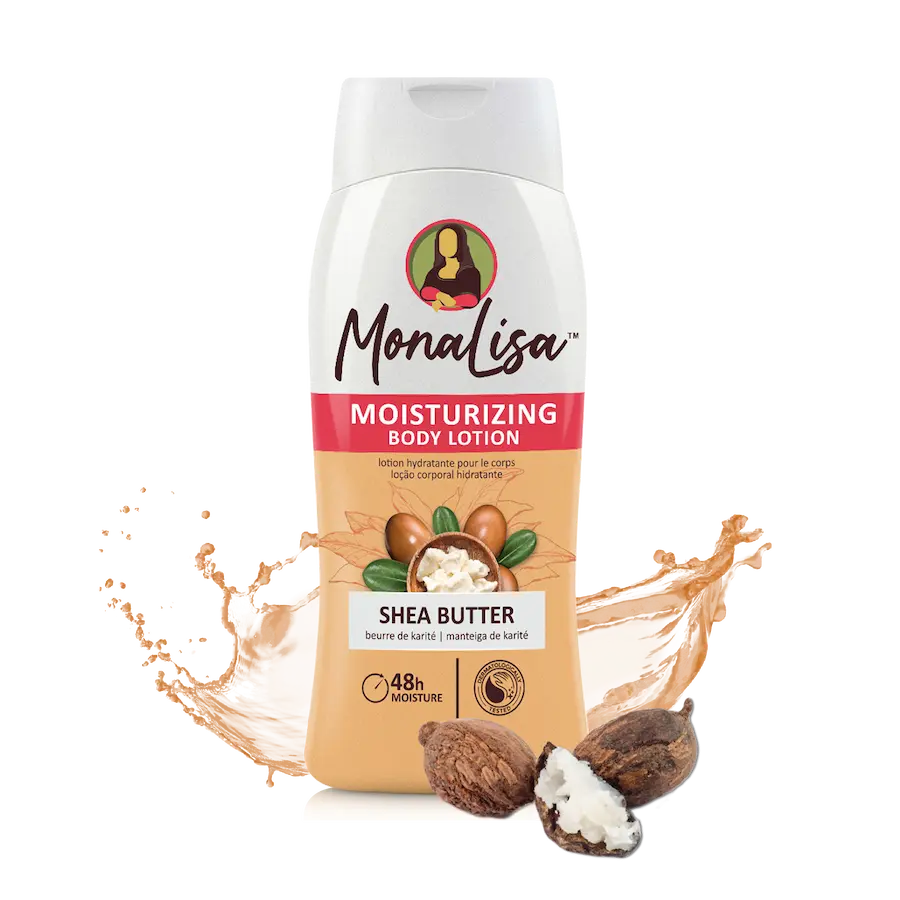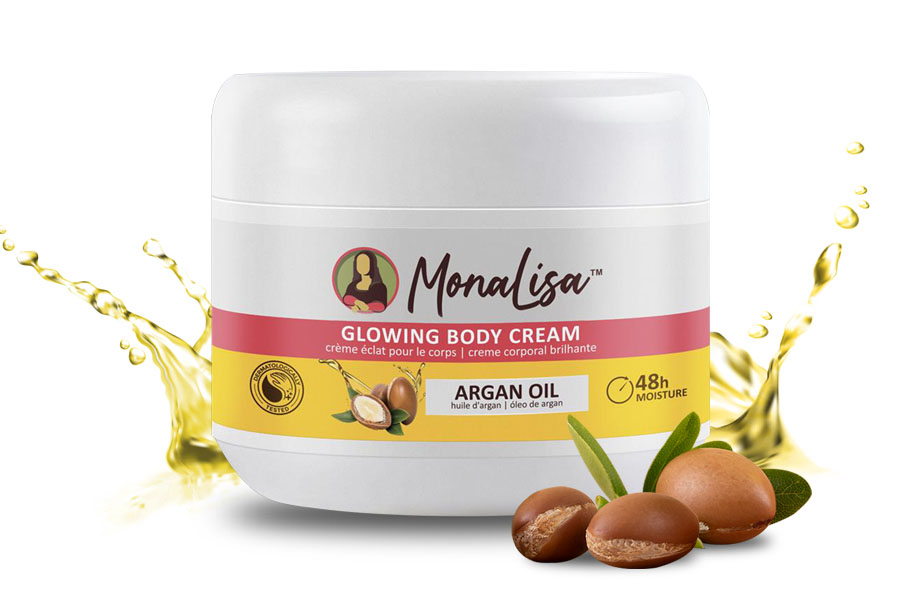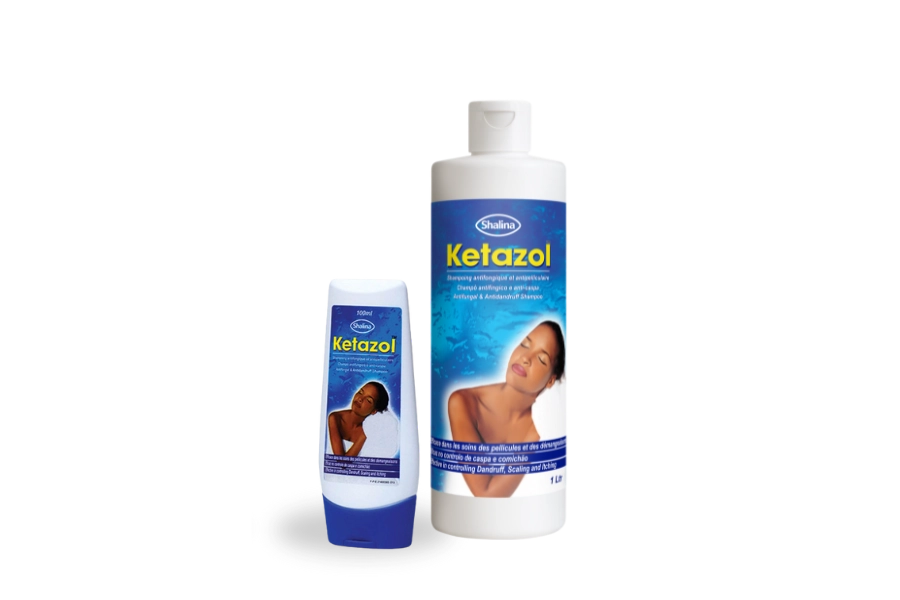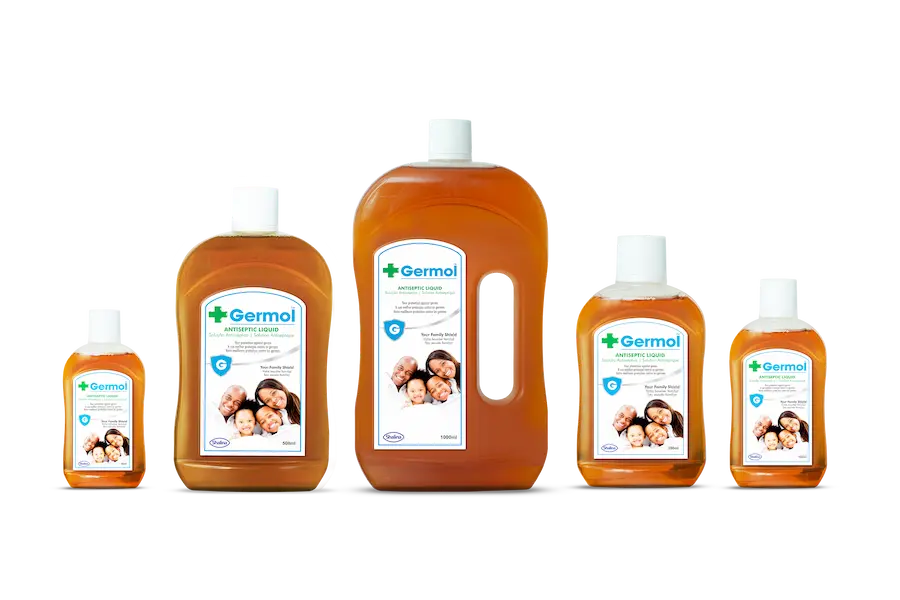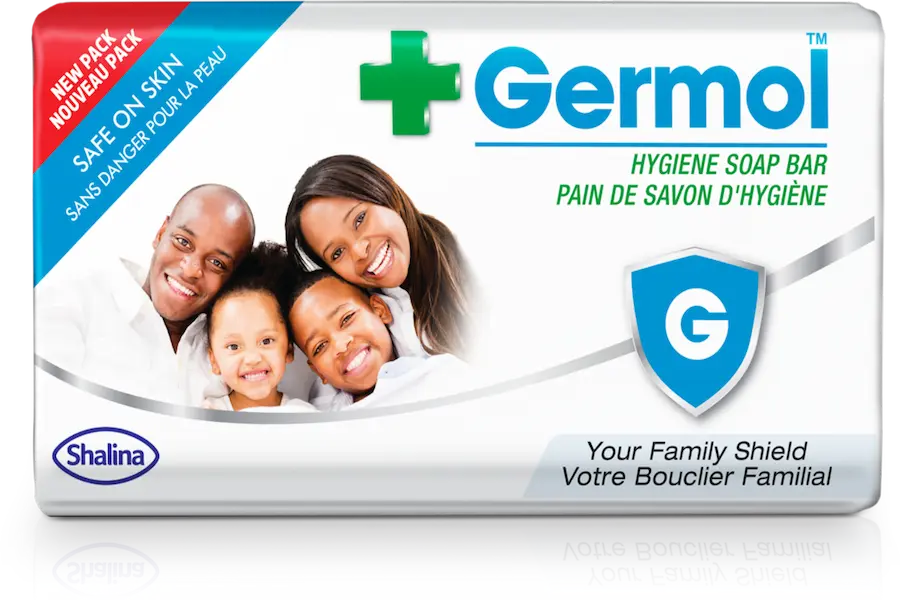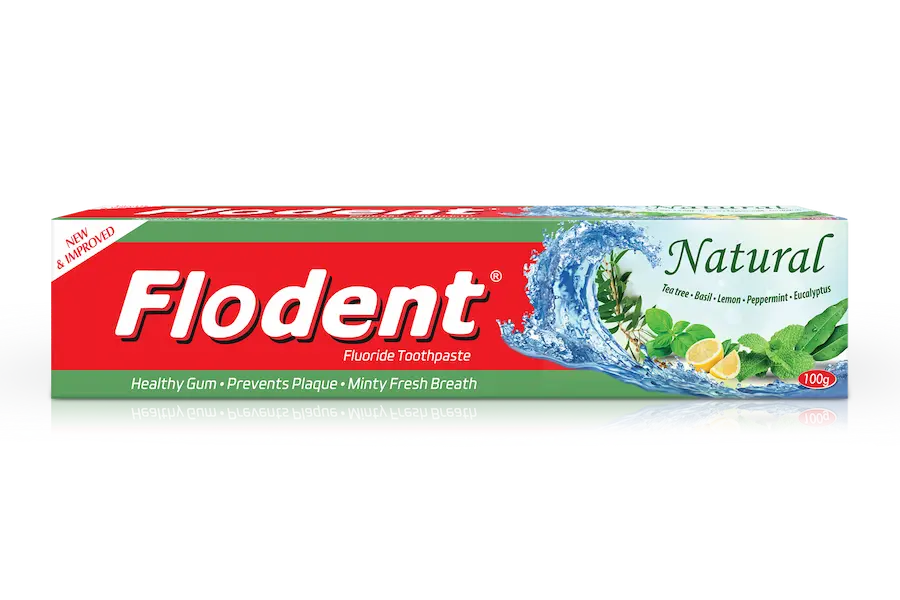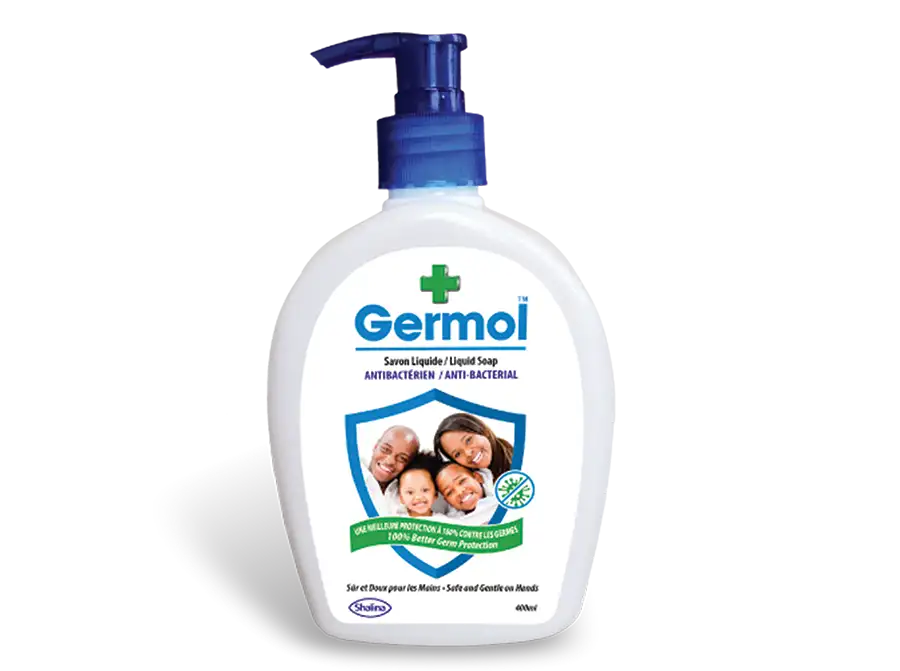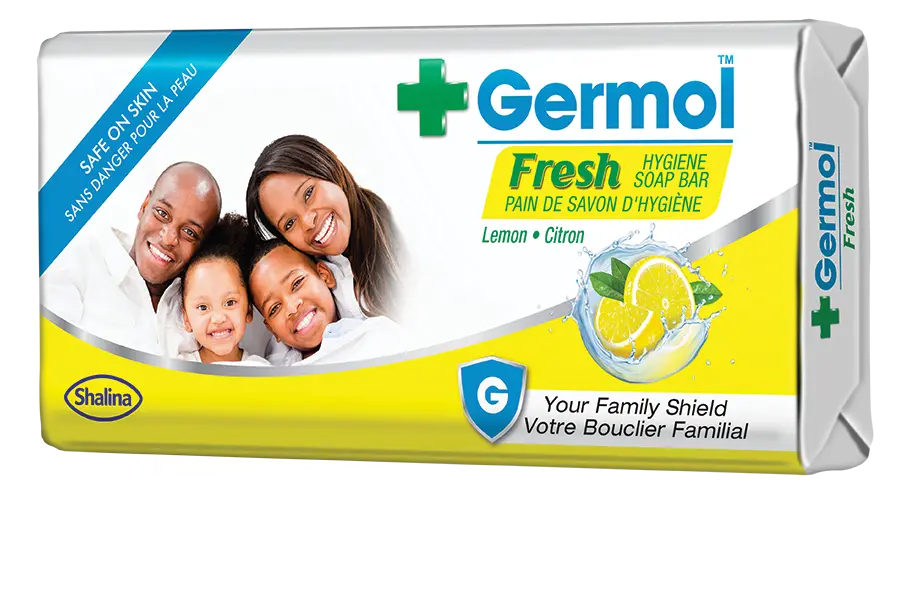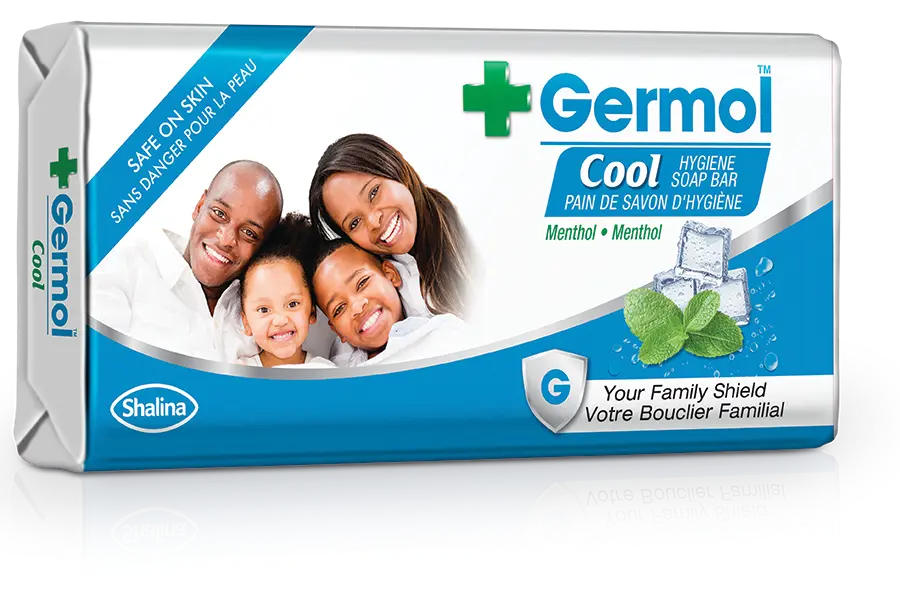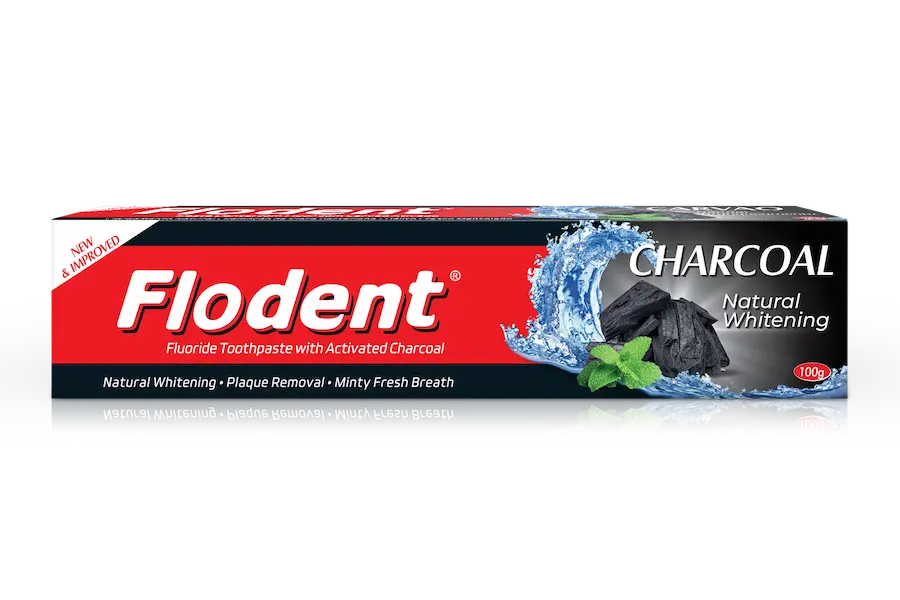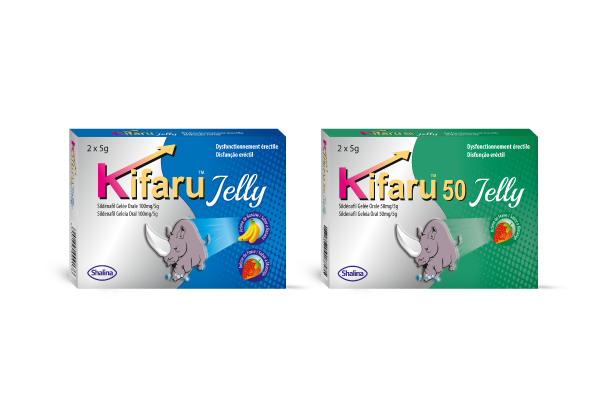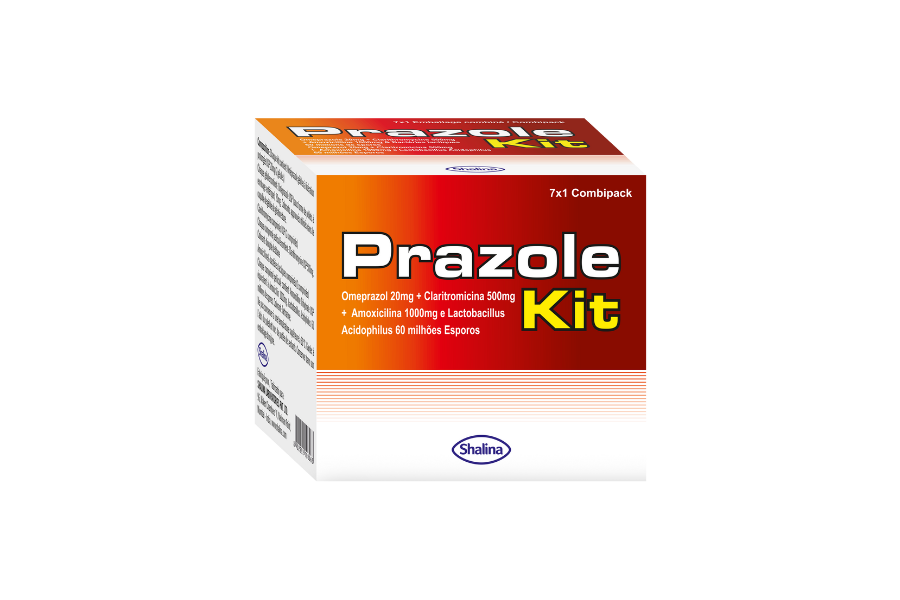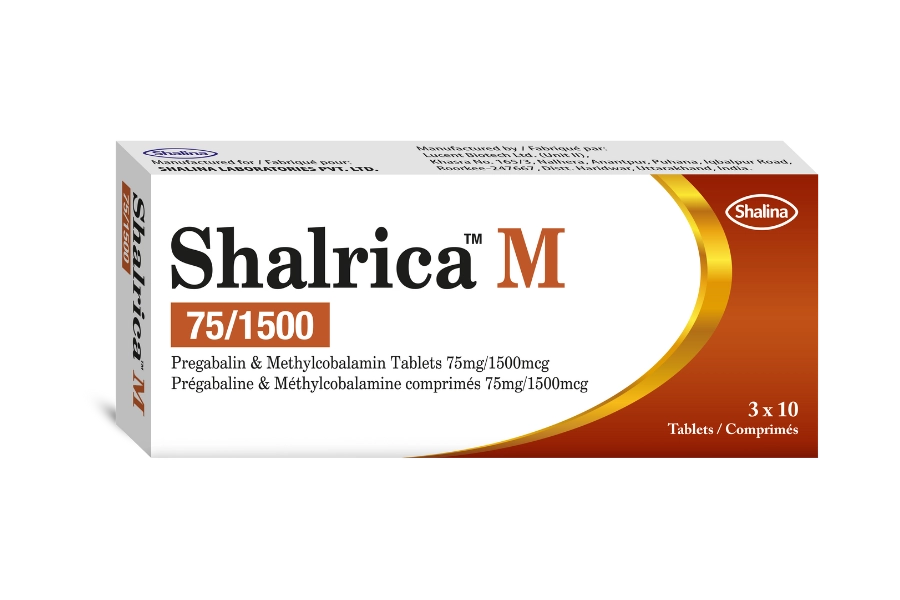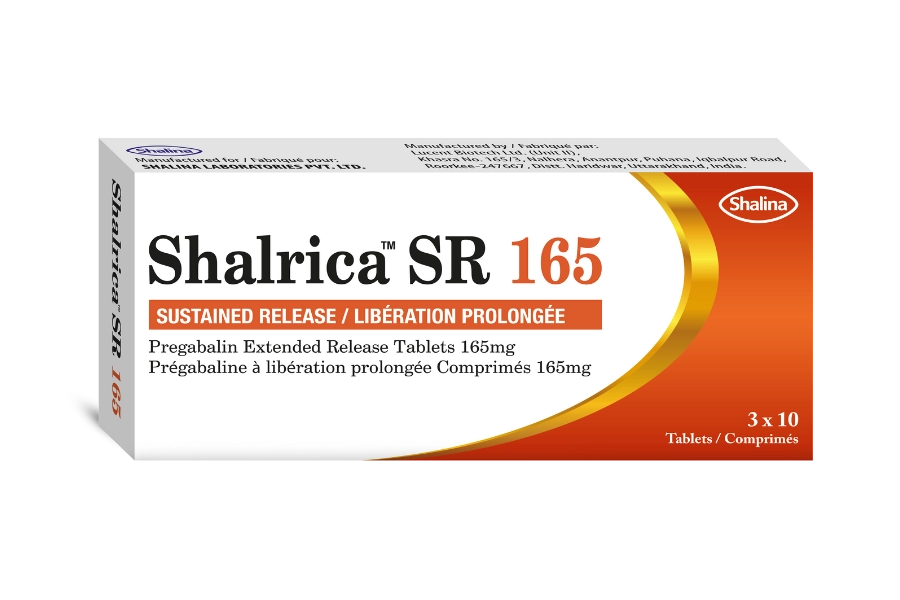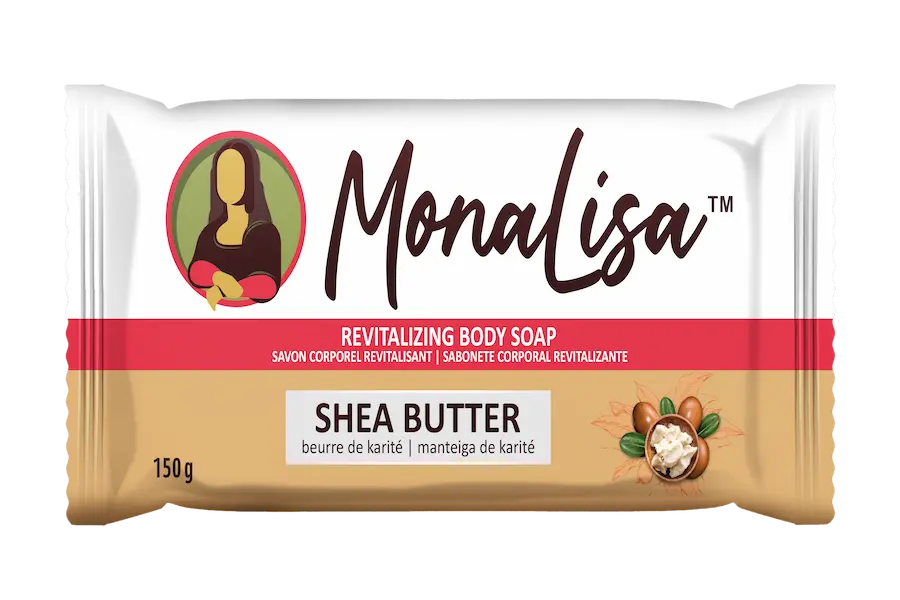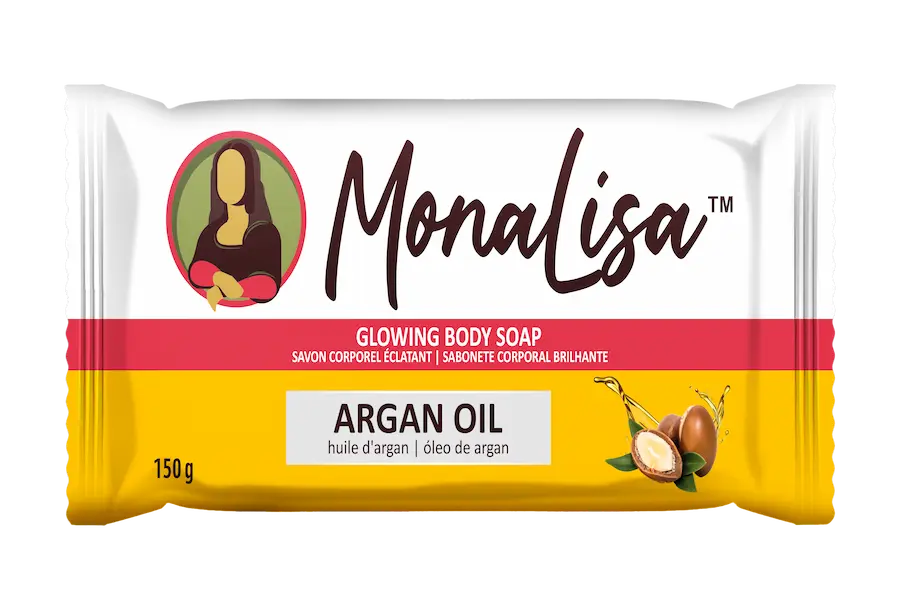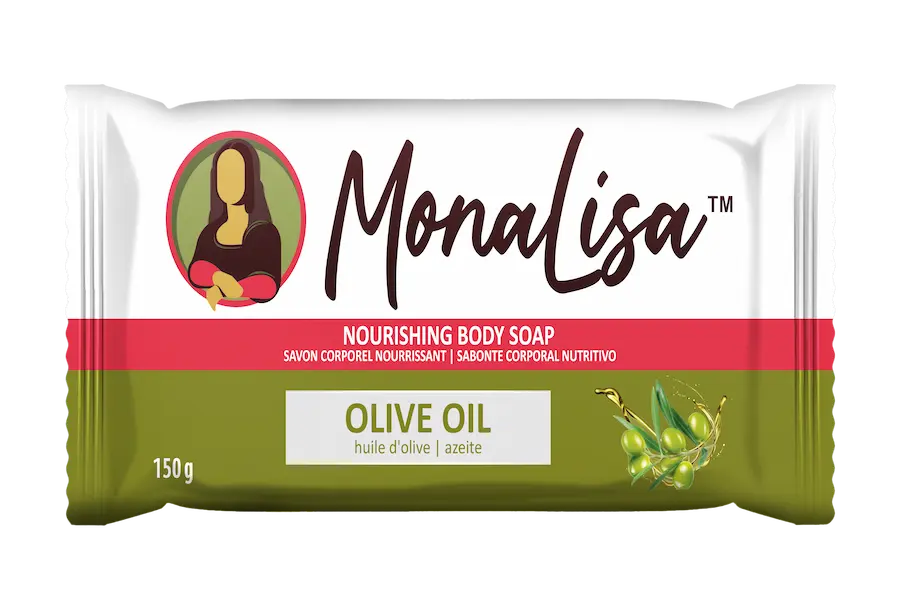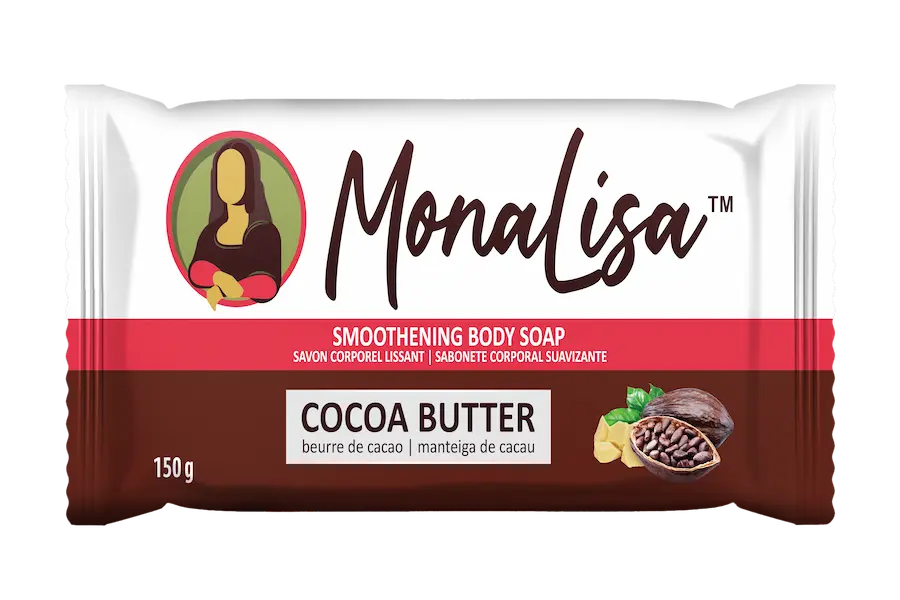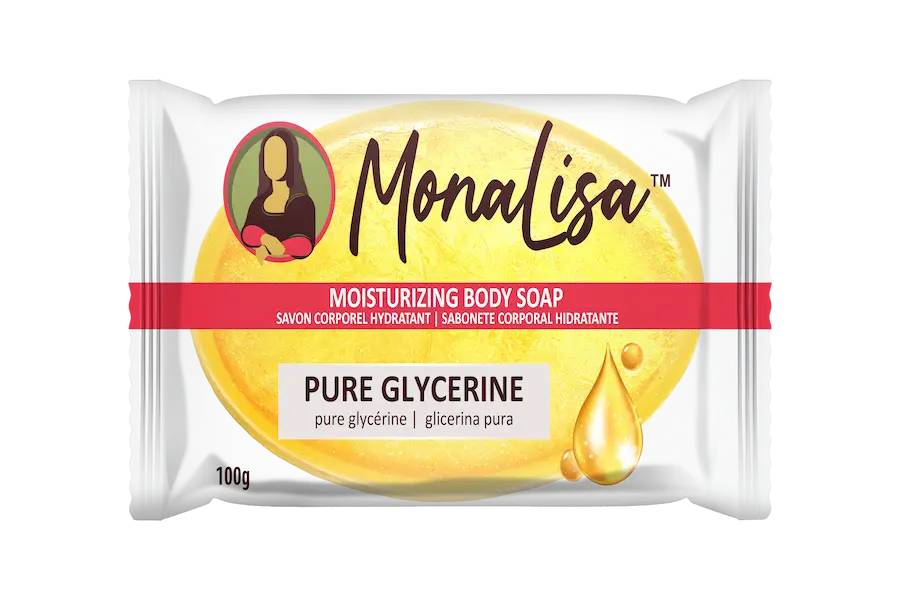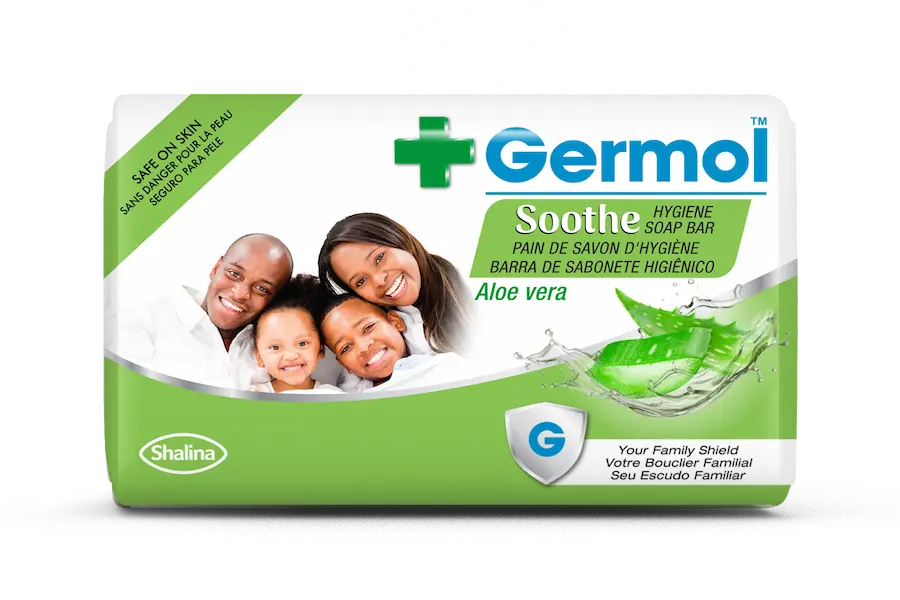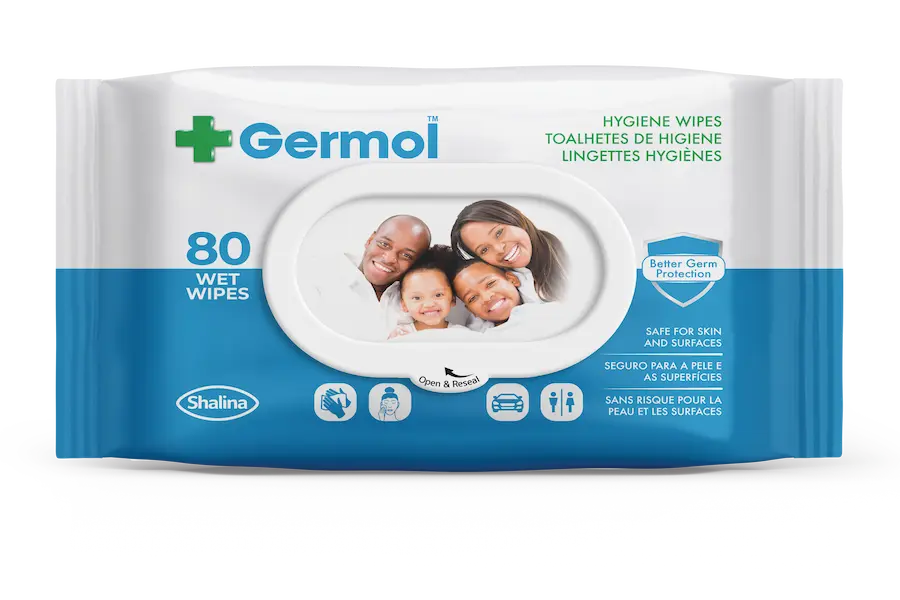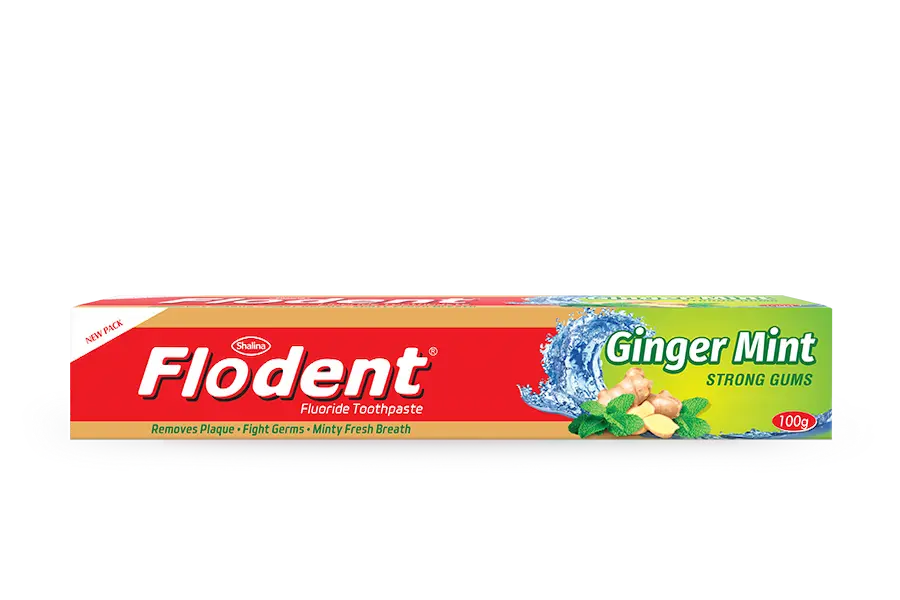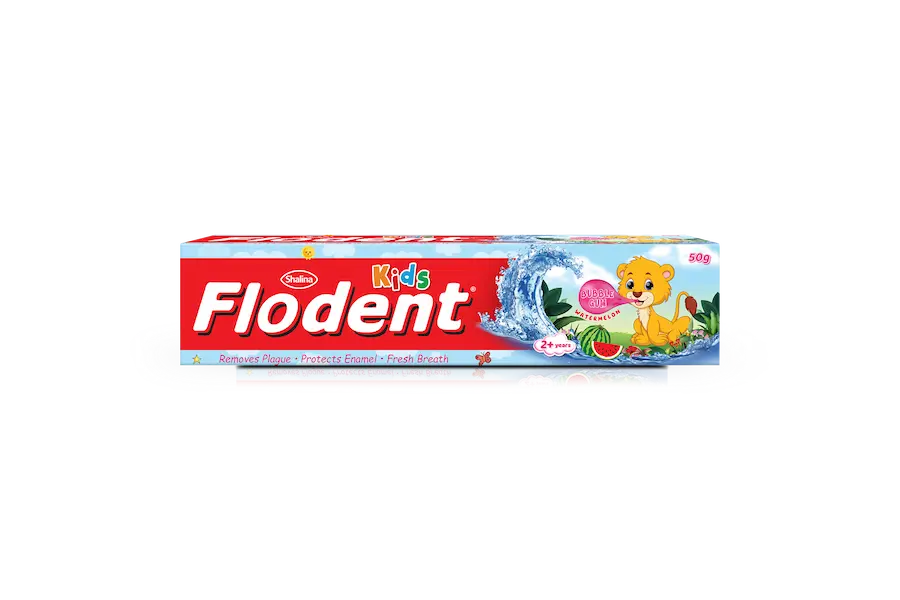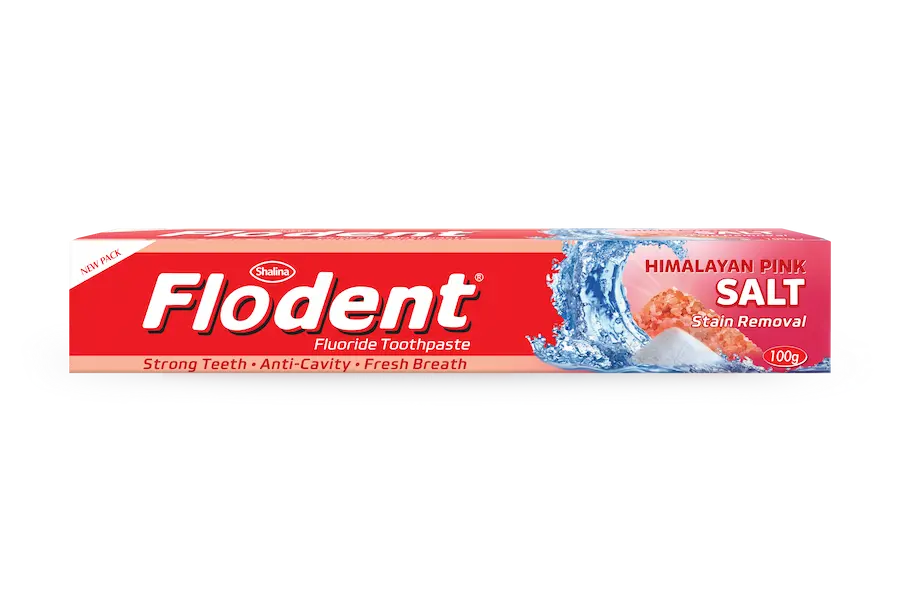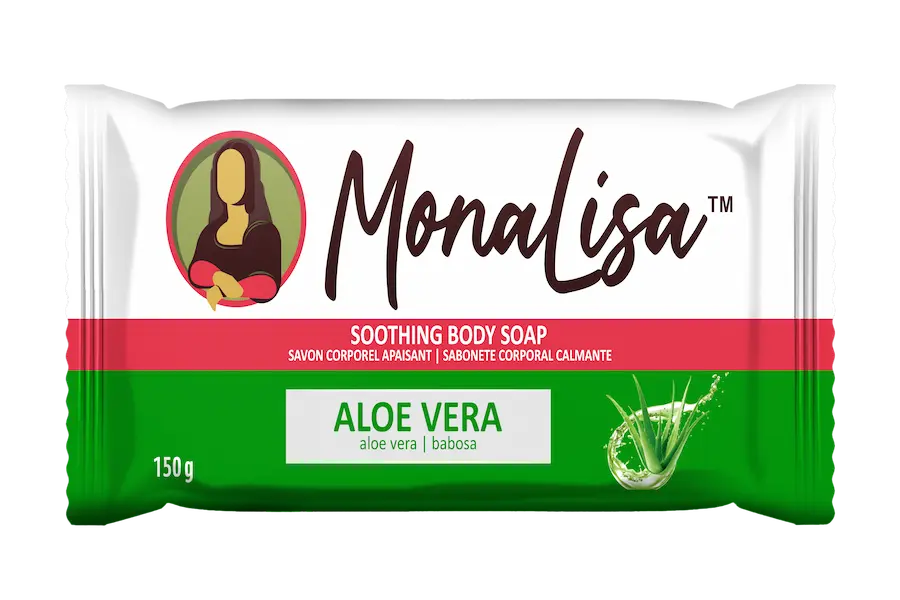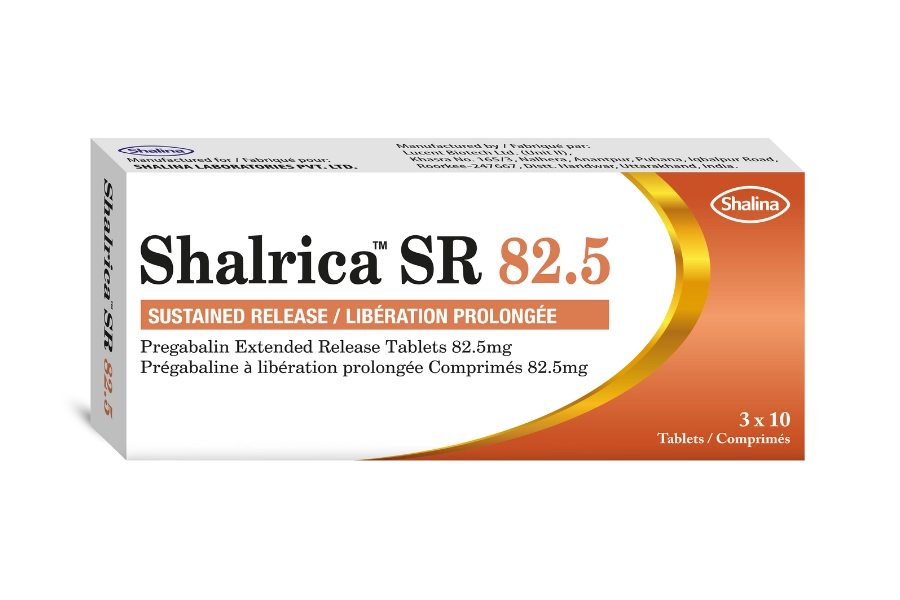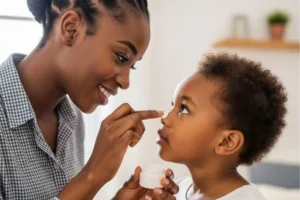Imagine carrying around a weight as heavy as your brain – all in bacteria? Surprisingly, that’s exactly what’s happening inside your body right now! We get our very first bacteria while being born, and every day we’re exposed to more. In this article, we’ll look at the fascinating world of good versus bad bacteria and how they impact our lives.
The Good
Bacteria are invisible to the naked eye. They live on our skin, in our airways, and all through our digestive system, as our first line of defense against harmful invaders, as well as providing other benefits. Some of these “good” bacteria include:
- Lactobacillus acidophilus is found in the mouth, intestine and vagina. It’s also often found in fermented dairy products such as Nunu and Wara (Nigeria), Suusac and Kulenato (Kenya) and Nyamie (Ghana), where they support good digestion. In bigger cities, you would find these good bacteria added to foods like yoghurt.
- Saccharomyces boulardii may be useful for treating acne.
- Lactobacillus salivarius may help block the growth of the bacteria that cause peptic ulcers.
- Streptococcus thermophilus helps digest dairy products and prevent lactose intolerance.
- Lactobacillus rhamnosus may help treat traveler’s diarrhea.
- Bifidobacteria lactis has improved cholesterol levels in women and in people with type diabetes.
The Bad
It’s not all peace and harmony in the bacterial world. Some bacteria can lead to serious health issues. Here are a few examples of “bad” bacteria (don’t worry about their names, but what they can cause):
- Staphylococcus aureus can cause skin infections, pneumonia, and even toxic shock syndrome when it overgrows.
- Helicobacter pylori causes peptic ulcers and could contribute to the development of stomach cancer.
- Escherichia coli (E. coli) can lead to terrible food poisoning.
- Aerococcus urinae is bacteria in your pee that cause urinary tract infections.
- Chlamydia trachomatis causes a sexually transmitted infection (STI) called chlamydia.
- Bordetella pertussis causes whooping cough.
Antibiotics, also known as anti-infectives, treat most types of bacterial infections. You can read more about them here.
Conclusion
These tiny organisms play a huge role in our health and wellbeing. So, while some bacteria are indeed villains in the story of our health, most are unsung heroes, quietly working to keep us healthy.
References
https://www.healthline.com/health/cold-flu/good-bad-germs
https://www.ncbi.nlm.nih.gov/pmc/articles/PMC8857253/
https://my.clevelandclinic.org/health/articles/24494-bacteria










